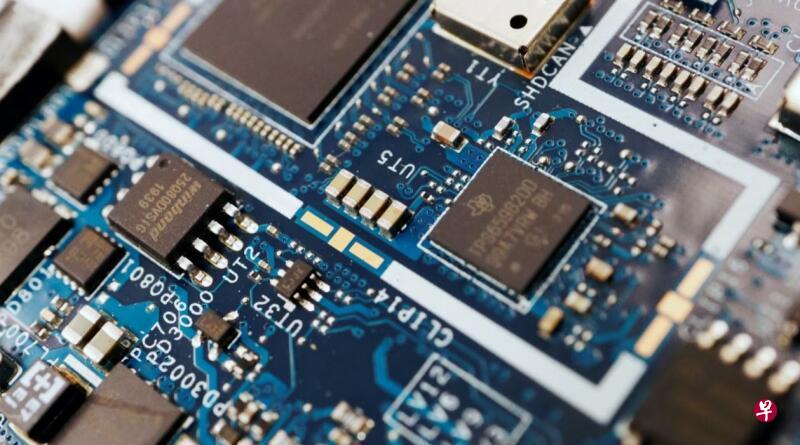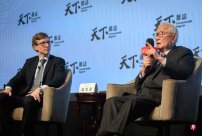
Although it was included in the American entity list in 1997A top nuclear weapons research institution in China has still purchased precision computer chips in the United States in the past two and a half years, avoiding the restrictions of such exports in the United States for decades.
On Sunday (January 29), the Wall Street Journal of the United States reported that according to the procurement document, the China Institute of Engineering Physics (Chinese Institute, commonly known as the Ninth Academy), which is included in the US export blacklist, has been included in the United States.Through Chinese converters obtained semiconductor products manufactured by American companies such as Intel and Nvidia.
It is reported that these chips are widely used in data centers and personal computers, and some are purchased as components of the computing system, and many of them are purchased by research and calculation of fluid dynamics.Research in the first field includes the modeling of nuclear explosions.
Most chips purchased by Chinese Institutes range from 7 nanometer to 14 nanometers, many of which are difficult to produce in China, but they are widely circulated on the open market.For example, the Intel Xeon Gold and Nvidia GeForce RTX chip purchased by the Chinese Institute can be purchased through China's largest e -commerce website Taobao.However, it is reported that the products purchased by the Institute do not include the latest generation of chips launched in the past two years.
Due to nuclear research, the Chinese Institute is one of the earliest institutions that have been included in the entity list by the United States.This restriction is designed to prevent foreign forces from using any American products for the research of atomic weapons.
It is reported that through the review of the research papers published by the Chinese Institute, at least 34 papers in the past ten years mentioned the use of American semiconductors in research. Their use includes analyzing dataAnd generate algorithms.Nuclear experts said that of at least seven of them, American chips may be applied to maintaining nuclear inventory.
The Chinese Institute did not respond to the review request of the Wall Street Journal.
Nvidia said that the semiconductor used by the Chinese Institute in research is a universal graphics chip used in consumer products such as personal computers.And because millions of personal computers have been sold worldwide, the American chip manufacturer said that no company can monitor or control the final whereabouts of each personal computer.Intel said that it complies with export regulations and sanctions, and its distributors and customers must also abide by.
Kevin Wolf, a former senior official of the US Department of Commerce and currently an international trade lawyer, said that it is very difficult to implement the US export restrictions when it involves overseas transactions.According to data from the semiconductor industry association, in 2021, China's procurement accounted for more than one -third of the global $ 556 billion (approximately S $ 730 billion) chip sales.
The Ministry of Commerce said that as mass market products flow through multi -party flow in the global supply chain, comprehensive tracking of end users is a huge job.However, the agency also added that it will vigorously implement the new export ban launched in October last year.
The US Industry and Security Agency, which is responsible for regulatory sensitivity and dual -use technology sales, also pointed out that the United States and relevant foreign countries have the responsibility to conduct due diligence to prevent commodity, software and technology from entering the banned entity.
Gregory Allen, a former US Department of Defense officials and a senior researcher of the US Strategy and International Research Center (CSIS), said that the Chinese military and its suppliers can use empty shell companies and otherExport control strategies to avoid end users.
At the same time, a large number of chips designed by the United States may also make them unlimited by Washington's export control rules.In addition, some companies choose not to export products. For example, Nvidia started selling A100 chip alternatives with a narrower bandwidth of sending and receiving data in November last year, so that it can be sold to China under the restrictions of the United States.
Data show that the Chinese Institute was first established in 1958. It is currently headquartered in Mianyang City, Sichuan Province. It is a national defense scientific research institution responsible for nuclear weapons development and production. It has 12 research institutes and 15 national key laboratories.The physicists there assisted in researching and developing China's first hydrogen bomb.
The U.S. Department of Commerce expanded the restrictions on the Chinese Institute in June 2020. Taking the 10 entities owned or operated by the research institute with or operated by the US natives and supporting Chinese nuclear weapons activities on the groundsThe 17 individual names they use are included in the entity list.


